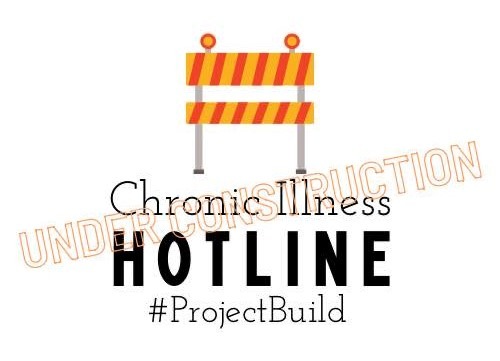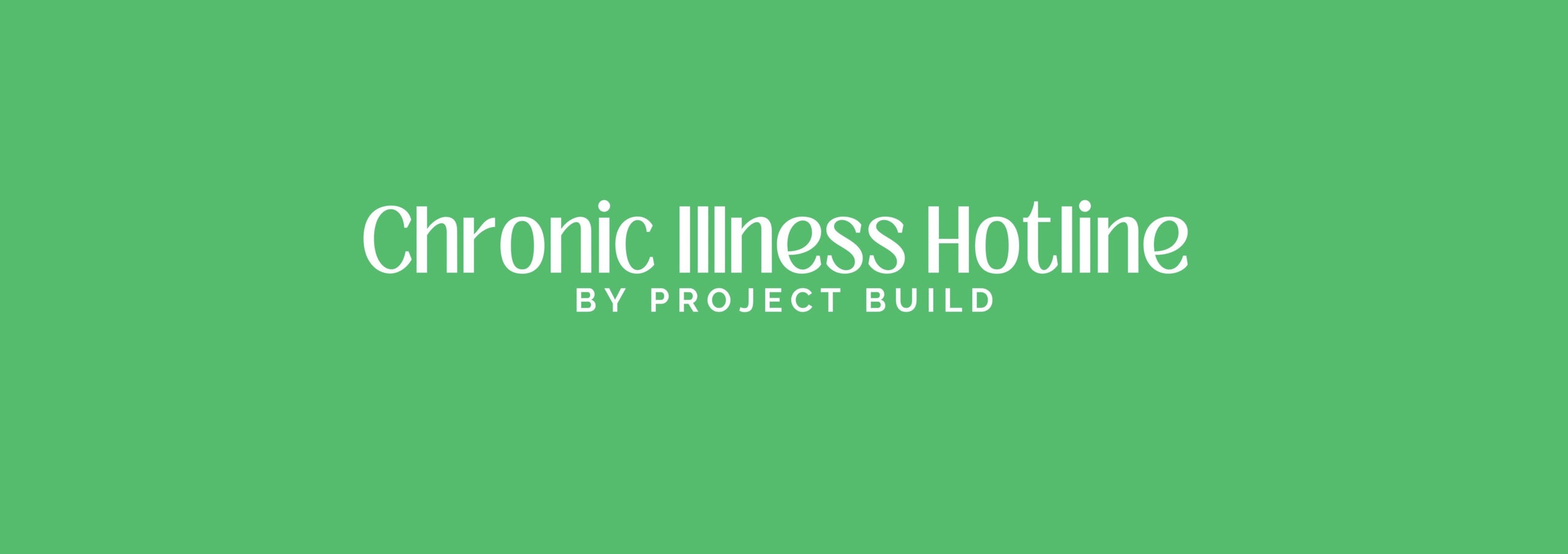When you live with a health condition, every day can feel like a battle. Not just physically – but emotionally, mentally, and spiritually. For many of us, the hardest part isn’t the symptoms themselves, but the isolation they create.
Friends don’t always understand. Doctors don’t always listen. Even well-meaning loved ones may struggle to grasp what it’s like to live in a body that won’t cooperate. And when that loneliness is layered with anxiety, depression, and medical trauma, it can be deeply overwhelming.
That’s where peer support becomes a lifeline.
What Is Peer Support?
Peer support is a simple but powerful concept: it means connecting with people who get it – others who are living with chronic illness, chronic pain, disability, or neurodivergence. These aren’t professionals or therapists (though they’re important, too); they’re fellow travelers. People walking their own path through illness and struggle, who are willing to walk a little of yours with you.
Peer support can take many forms:
- Support groups (in-person or virtual)
- One-on-one peer mentoring
- Online forums and message boards
- Social media communities
- Hotlines
Whether it’s a weekly Zoom call, a message in a Facebook group, or a text from a peer mentor on a hard day, the core message is the same: you’re not alone.
Mental Health Benefits of Peer Support
Validation and Understanding
Many people living with chronic conditions experience a heartbreaking form of invalidation. Doctors might dismiss symptoms. Friends might say “but you don’t look sick.” Even our own inner voices might whisper that we’re exaggerating.
Talking to peers who live similar experiences can be profoundly healing. You don’t have to justify yourself. You don’t have to translate your pain. You’re already understood.
Emotional Support
Peer support isn’t about fixing each other. It’s about holding space. Peers can offer empathy, encouragement, and practical tips for getting through a rough patch. When you share the emotional weight with someone else, it often becomes lighter.
Hope and Empowerment
Chronic illness can steal your sense of control. Watching others not only survive, but adapt – finding ways to advocate for themselves, manage symptoms, and carve out joy – can light a spark of hope. Their resilience becomes a mirror of your own possibilities.
Reduced Stigma and Shame
So many of us carry quiet shame around our illnesses. We internalize harmful messages that say we’re lazy, dramatic, or not trying hard enough. Peer communities push back against those lies. They normalize what’s often hidden. They say, “You’re not broken. You’re human.”
Peer spaces allow us to unlearn the shame, unpack internalized ableism, and say out loud the things we were told to whisper – like, “I’m disabled and proud” or “medication saved my life.”
Peer Support Can Improve Health Outcomes
This isn’t just a “feel-good” idea, it’s evidence-based. Research shows that peer support can lead to:
- Better symptom management
- Increased adherence to treatment plans
- Improved self-confidence and self-advocacy
- Lower rates of depression and anxiety
When people feel seen, supported, and empowered, their health improves. That’s not anecdotal, it’s science.
A Note on the Chronic Illness Hotline
If you’re reading this and thinking, I could really use that kind of support, I want you to know: it’s on the way.
With the support of our community and generous donors, the Chronic Illness Hotline is working toward launching later this year. This peer-led resource is being built to offer emotional support for people navigating complex health issues. Whether you’re looking for someone to talk to during a flare or just want to hear “I believe you” from someone who truly understands, this hotline is being created for you.
It will be free. It will be confidential. And it will be run by people who’ve been there too.
You’re Not a Burden. You Deserve Support.
In a world that often overlooks or dismisses chronic illness and invisible disability, peer support is a quiet form of rebellion. It says: we matter. Our stories matter. Our pain is real. And we are worthy of compassion – especially from ourselves.
If you’re carrying more than you can hold right now, please know: you don’t have to carry it alone.
Want to connect with the Chronic Illness Hotline? Learn more at ChronicIllnessHotline.org. Our vision is to create our own free, confidential, peer-to-peer, 24/7 hotline for anyone struggling with their health – including the chronic illness, injury, pain, disability, & neurodivergent communities.
Together, let’s find comfort in conversation.
Please share this post widely. Follow us on LinkedIn, Threads, Instagram, & Facebook. Every donation, follow, and share brings us one step closer to relaunching the Chronic Illness Hotline. This blog is part of our ongoing series in support of our fundraising efforts. While generous funding is flowing to other nonprofits, we are still searching for donors and partners who truly resonate with our mission. Donate to Project Build today at chronicillnesshotline.org with a one time donation or set up a recurring monthly donation (starting at $5/mo or $1 for our community members/those with financial hardships but big hearts. Learn more.)
Donate at chronicillnesshotline.org

Project Build is a wholly owned Project of AnchoRRa, a registered public charity, which provides nonprofit status. Your donation is tax-deductible to the extent provided by law. More info & to donate: chronicillnesshotline.org

